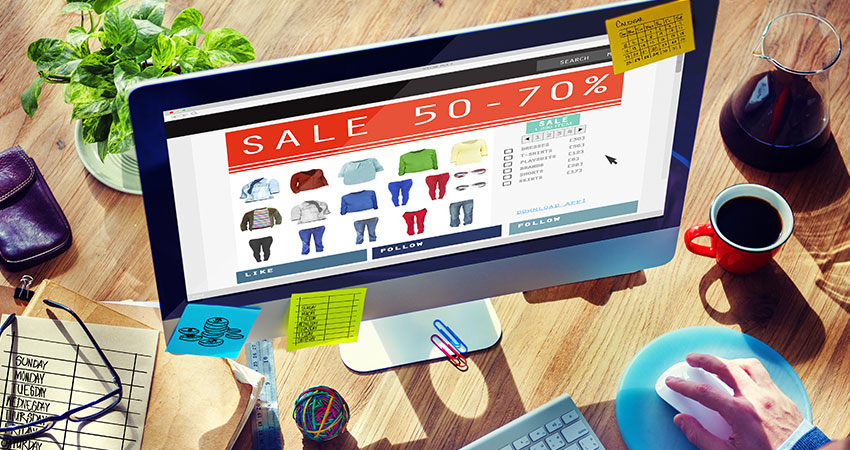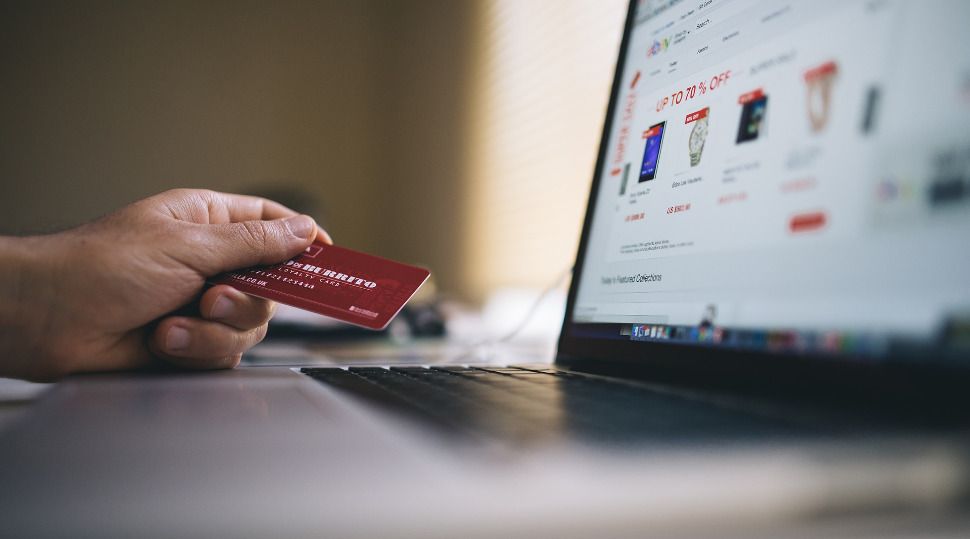
With ecommerce booming, especially with stores closed amid the coronavirus pandemic, it's important that your ecommerce website stands out. Customers are more likely to buy from a well-designed, navigable, up-to-date site.
* * *
Visual appearance is important. The first thing users notice is design. If your site is overcrowded, confusing and out of date, customers are likely to look elsewhere. 93% of consumers consider design to be a key deciding factor in purchases. A simple, minimal layout will make your site visually appealing. If this isn't your area of expertise, hire a website development professional or digital marketing agency.
And here's another article:
Limiting eCommerce disruptions in times of crisis | ITProPortal

The Covid-19 pandemic has forced businesses in every industry to change their operating model . Commerce brands have had to introduce extreme measures to ensure they can cope with additional stock levels, while also adapting to a volatile supply chain.
The virus has wreaked havoc on the events calendar, with large and small companies having to overhaul their strategies, either rescheduling for later in the year or going virtual. Here, digitally savvy giants like Adobe and Qualtrics have stolen a march on competition and provided free, online services to keep their user base engaged.
Special Report: Why the coronavirus will bend but not break ecommerce

Many U.S. manufacturers, distributors, wholesalers and retailers have experienced and managed a crisis or two in their time.
Both business-to-business and business-to-consumer sellers have seen production slowdowns, strikes, recessions, depressions and natural disasters, to name a few.
The coronavirus resulted in a surge in web sales for such merchandise categories as groceries, while at the same time bringing online orders to a trickle in segments that depend on discretionary consumer spending, such as for luxury goods and jewelry.
Ecommerce Retailers Expect Government To Expand Scope of Essentials

India’s Home Ministry on Sunday banned the supply of non-essential goods such as mobile phones and laptops by ecommerce companies during the Coronavirus-enforced lockdown across the country, marking an U-turn from its decision from only days ago.
Last week, the government allowed online retailers to resume full operations, inviting backlash from the Confederation of All India Traders (CAIT), which has been a long-standing critic of how ecommerce giants such as Amazon and Walmart-owned Flipkart operate in the country.
This may worth something:
e-commerce: E-commerce firms defer hiring plans after govt's order reversal, Technology

Ecommerce Delivery News: E-commerce firms can deliver only essentials | India Business News -

#StartupsVsCovid19: IAMAI Urges Ecommerce Rollout On Day 27

On April 20, the 27th day of the Covid-19 lockdown, ecommerce was expected to return to normal. But an order by the ministry of home affairs (MHA), dater April 19, rolled back its previous notification, thereby extending the restrictions on ecommerce until further notice.
In response to the notice, the Internet and Mobile Association of India (IAMAI), on behalf of ecommerce platforms, has requested the government to open up ecommerce services.
Vendors at China's famed Yiwu market pin hopes on ecommerce - Traders are turning to WeChat

Faced with the threat of closure because of an absence of foreign buyers, traders at one of the main showcases for thousands of goods manufactured in China have turned to ecommerce, with mixed results.
“Business has been slow since the coronavirus outbreak, but our beautiful sisters remain vibrant every day,” said Lu Jing, a Yiwu-based trader, in a video she posted on social media last week showing her colleagues dancing in front of the store logo and contact phone numbers in attempt to lure buyers.
No comments:
Post a Comment